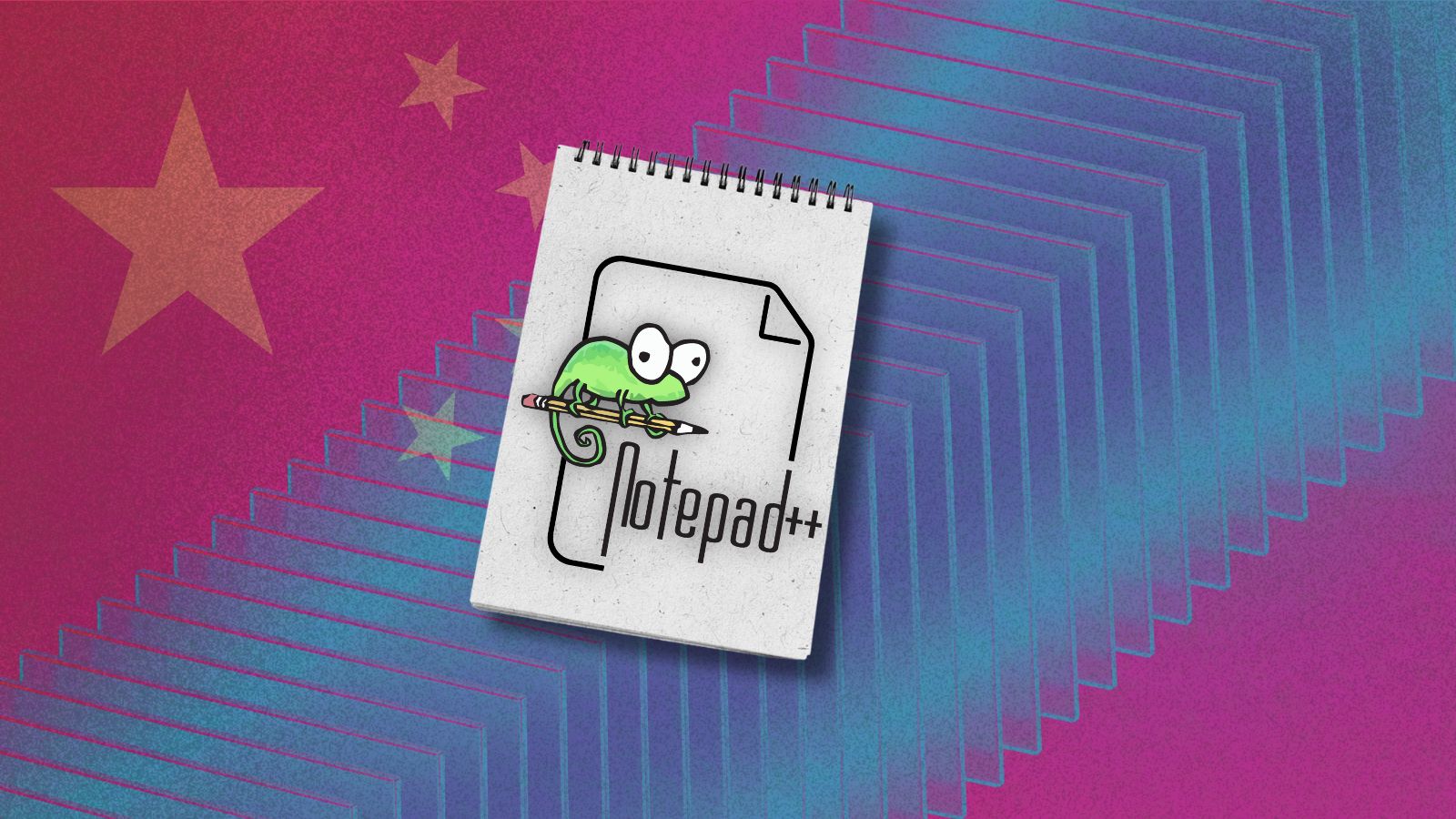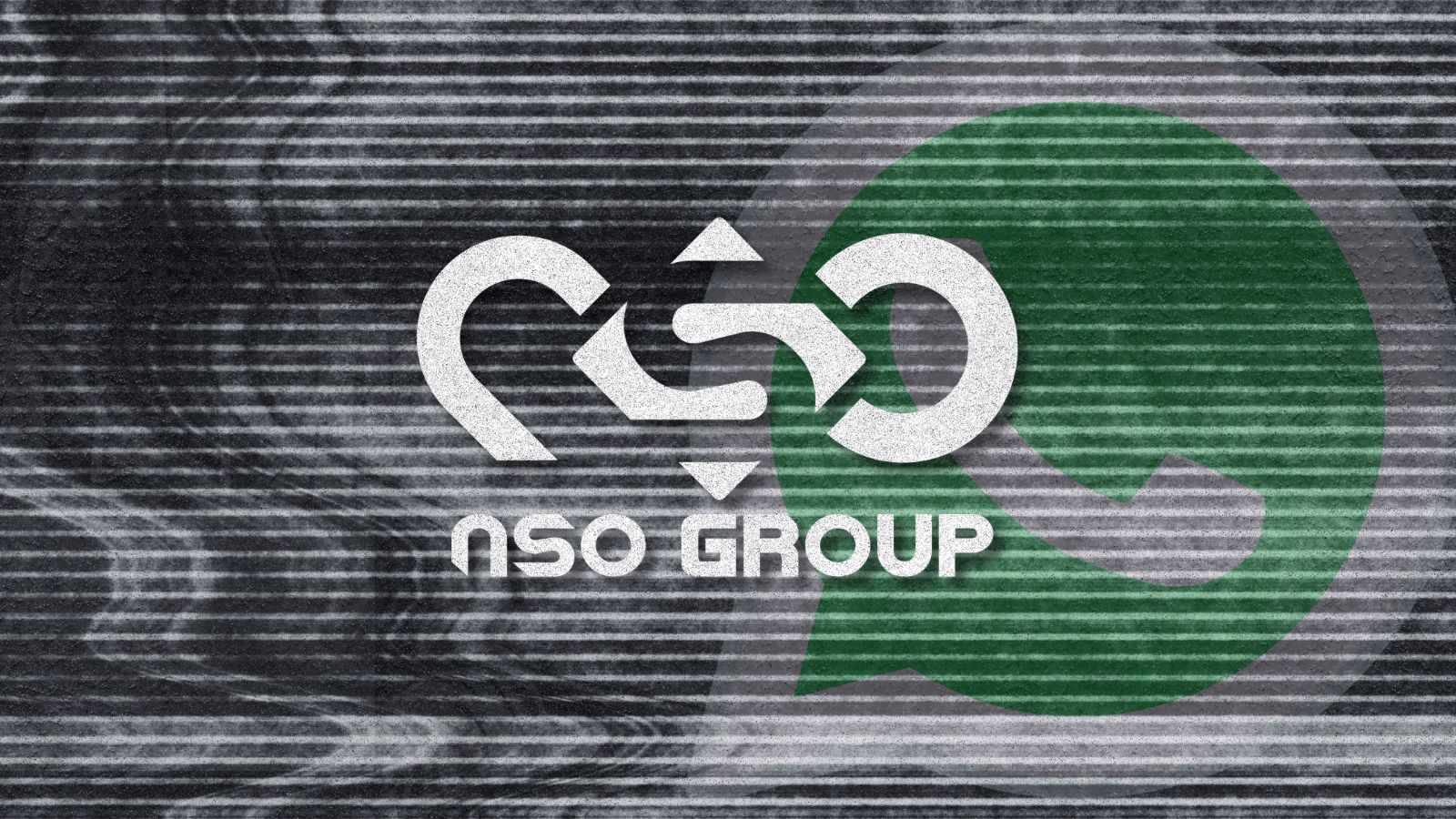
SpaceX Starlink Outage Reportedly Caused by Upgrade Overloading the Core Network
- What happened: Elon Musk’s Starlink internet service suffered an outage that even impacted the Ukrainian front.
- Speculations: Experts believe several reasons may be at the root of the incident, but sources say at fault was a planned update.
- Official declarations: SpaceX apologized on X at the time of the disruption, invoking operational software failure.
A recent Starlink outage left satellite internet users worldwide temporarily offline. The disruption, which occurred on Thursday, has been attributed to a SpaceX network failure. Yet, other sources say an unspecified update overloaded the core network.
Outage Details
The outage began around noon PT on Thursday and affected a huge number of users across North America, Canada, Europe, and other regions where Starlink serves as a primary connectivity option, as crowdsourced outage tracker Downdetector registered 61,000 user reports.
"The outage was due to failure of key internal software services that operate the core network," said Michael Nicolls, SpaceX vice president of Starlink Engineering.
However, messages sent to resellers mentioned that the issue arose during an unspecified, planned “upgrade procedure” targeting Starlink’s “ground-based compute clusters,” according to an industry source, PC Mag recently reported. The update reportedly overloaded the core network, leading to a cascading failure in connectivity.
The ground-based compute clusters are essential components of the system, responsible for relaying data between ground stations and Starlink satellites.
Starlink Outage Impact
While most users regained service within two and a half hours, some continued to experience satellite internet disruption for several hours after restoration efforts.
This incident marks the longest service outage in Starlink’s operational history, underlining its widespread importance, particularly in rural regions and conflict zones like Ukraine, where troops rely heavily on Starlink for battlefield communications.
The service was "down across the entire front," said Robert Brovdi, the commander of Ukraine's drone forces, according to Reuters.
Separate reports on Friday revealed that Musk ordered a partial shutdown of Starlink in September 2022 when Ukraine pushed to retake territory, according to three sources familiar with the matter.
The command involved deactivating at least a hundred Starlink terminals covering areas including Kherson, a strategic region north of the Black Sea that Ukraine was trying to reclaim, and other areas seized by Russia.
Expert Speculations
At the root of the incident could be a glitch, a botched software update, or even a cyberattack.
Reuters mentioned expert speculation over the nature of the outage of the service, known for its resilience and speedy development. Such a sweeping global outage was unusual, believes Doug Madory, an expert at the internet analysis firm Kentik.
SpaceX’s Response
SpaceX acted promptly to contain the issue, issuing an explanation to resellers and apologizing publicly. CEO Elon Musk apologized on X, saying, "Sorry for the outage. SpaceX will remedy root cause to ensure it doesn’t happen again."
Affected users have been advised to “power cycle and reboot all Starlink and 3rd party equipment.” Despite the setback, some customers reported improved download speeds following the system upgrade, fueling speculation about its intended benefits.
However, for others still facing connectivity problems, the outage raised questions about the growing dependency on satellite-based networks.








